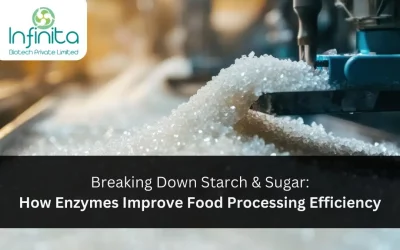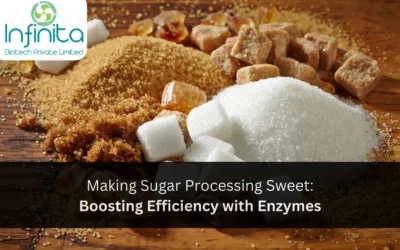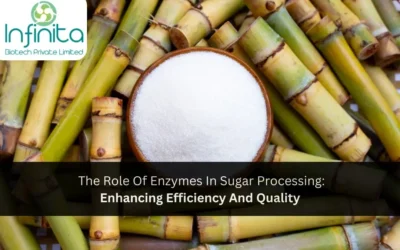In the modern food industry, efficiency and product quality are paramount. Manufacturers are constantly seeking ways to optimize production processes, reduce waste, and enhance nutritional value. One of the most effective tools in achieving these goals is the use of...
Sugar Processing Enzymes Manufacturer
What are Sugar Processing Enzymes?
Biotechnology increases the efficiency of sugar processing and energy saving by virtue of hydrolytic enzymes such as Dextranase and Amylase.
Enzymes for sugar are used as aids to sugar production and refining by removing materials which inhibit crystallization or cause high viscosity. In some parts of the world, sugar cane contains significant amounts of starch, which becomes viscous, thus slowing filtration processes and making the solution hazy when the sucrose is dissolved. This problem can be overcome by using the most thermostable Alpha-Amylase Enzyme which is entirely compatible with the high temperatures and pH values that prevail during the initial vacuum evaporation stage of sugar production.
Dextrans are produced by the action of dextransucrase from Leuconostocmesenteroides on sucrose and found as a slime on damaged cane and beet tissue, especially when processing has been delayed in hot and humid climates. Dextran has the sucrose molecule as part of its structure and thus inhibits sucrose crystal growth.
This produces needle-like crystals which are not readily harvested by equipment designed for the approximately cubic crystals otherwise obtained. Dextran can produce extreme viscosity in process streams and even bring the plant to a stop. Problems like these can be resolved with the use of Dextranase Enzyme.
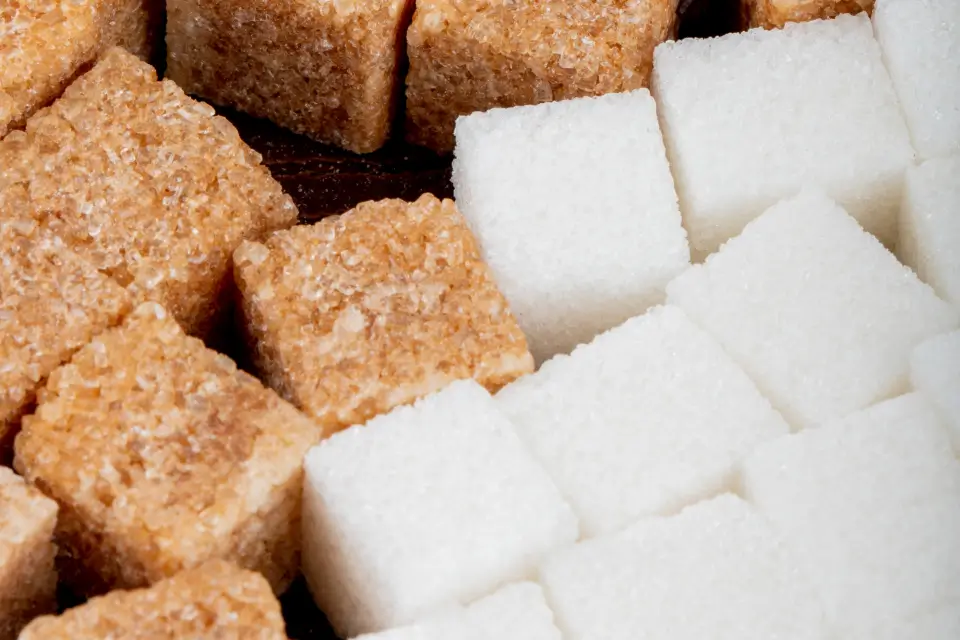
Our Solutions

Alpha Amylase for Hydrolyzing Starch
Our Alpha Amylase Enzyme hydrolyses starch to increase sugar recovery and improve overall performance.Reduces Viscocity
Better Quality Sugar
Reduces Steam Consumption
Dextranase Enzyme for Hydrolyzing Dextran
Our dextranase Enzyme hydrolyses Dextran to increase sugar recovery and improve overall performance.Reduce Dextran Levels
Reduces Crystal Elongation
Reduces Water Consumption


Enzymes Based Biocide
Our enzyme-based biocide is designed for mill sanitation, ensuring a cleaner process. It accelerates starch conversion into glucose through liquefaction and saccharification, without impacting the sugar manufacturing process.Eco-Friendly
Prevents Fungi Growth
Prevents Bacteria Growth
Invertase
Our invertase enzyme hydrolyses the terminal non-reducing beta-fructofuranoside residues in beta-fructofuranosides releasing invert sugar.Complete Inversion
Lower Dosage
No Side Products/Impurities Formation
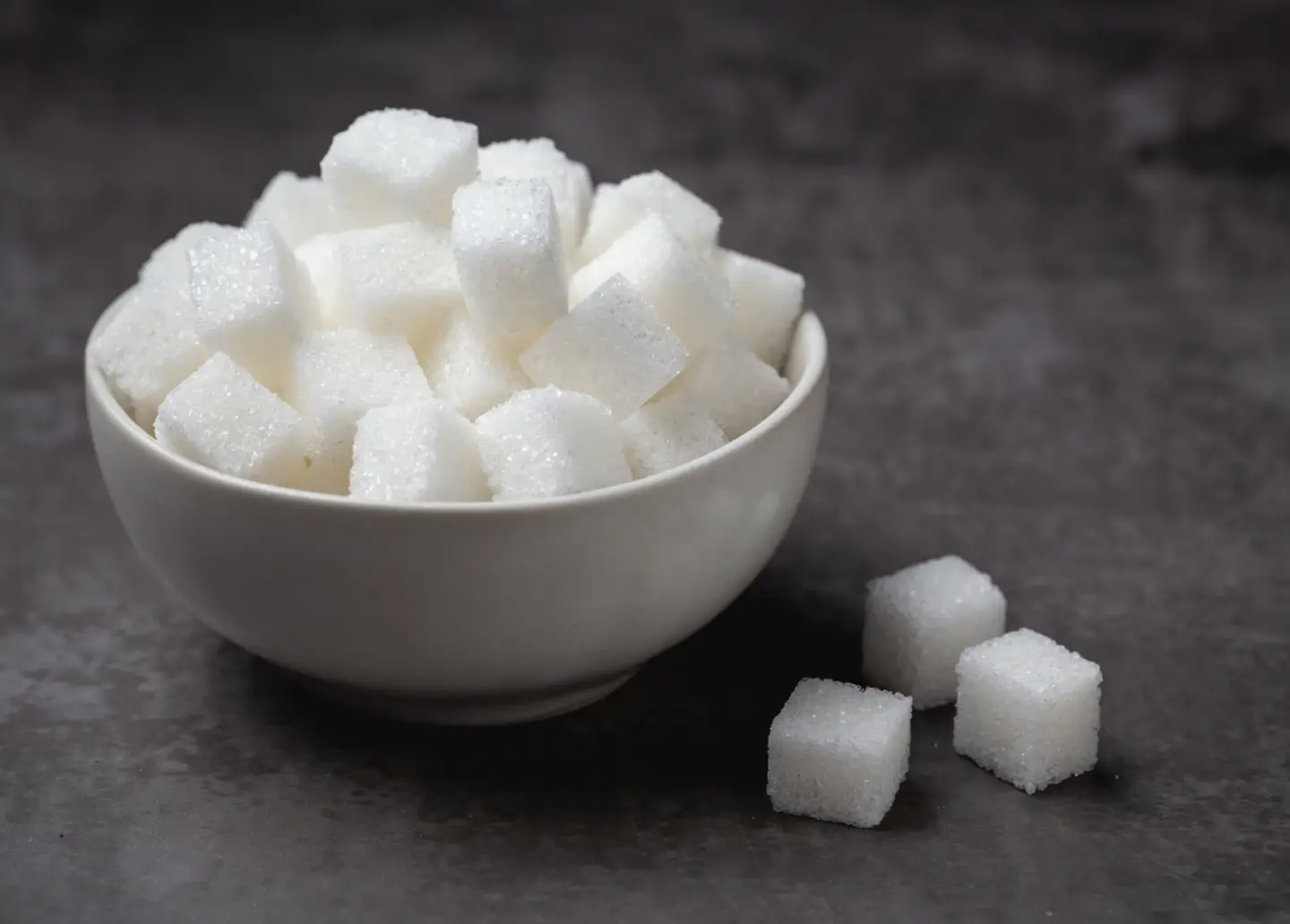
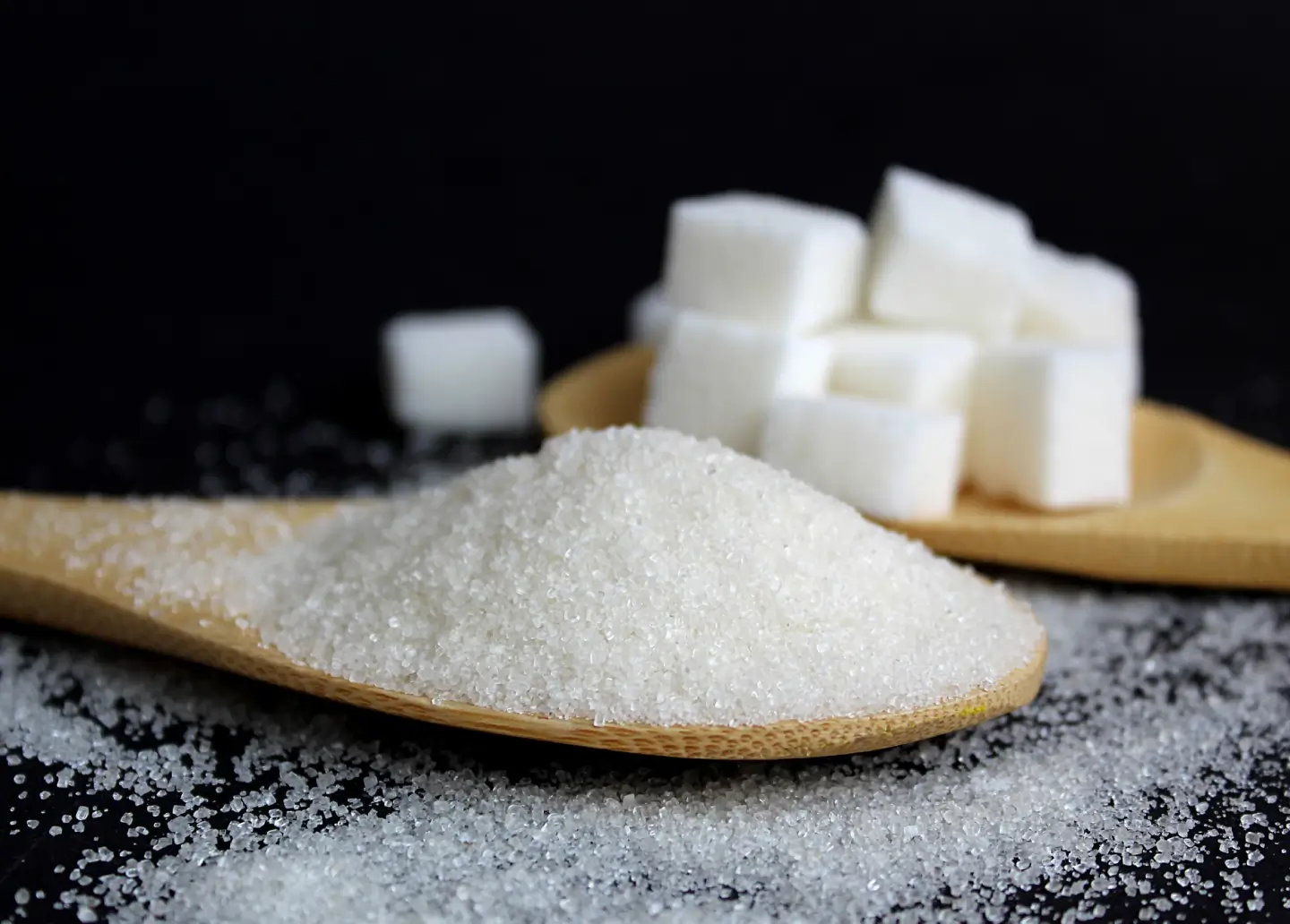
Glucose Isomerase
Our Glucose Isomerase catalyses the conversion of glucose to fructose.Yields High-Fructose Syrups From Glucose Syrups
Enhances Sweetness
Reduces Crystallization In Confectionery
Related Blogs & Insights
Making Sugar Processing Sweet: Boosting Efficiency with Enzymes
In the world of sugar processing, efficiency is key. The ability to produce high yields of sugar while minimizing energy consumption and costs can make a significant difference in the success and profitability of a processing plant. One way to achieve this efficiency...
The Role of Enzymes in Sugar Processing: Enhancing Efficiency and Quality
Sugar processing plays a vital role in our daily lives, as sugar is an essential ingredient used in various food and beverage products. The process of turning raw materials, such as sugar cane or sugar beets, into the refined sugar we consume involves complex steps...
Frequently Asked Questions ,Sugar Processing Enzymes Manufacturer
Which enzymes are used in sugar Industry
Why enzymes are added in sugar syrup?
What are the common benefits for sugar processing enzymes?
What are the applications of Dextranase in Sugar Industry?
What is the Benefit of Amylase in the Sugar Industry?
For A Greener Tomorrow
Committed to advancing eco-friendly biotechnology for a healthier planet.
